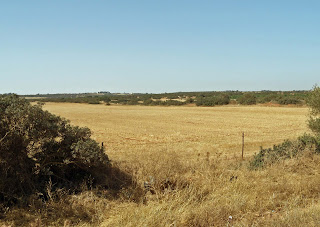Alexander's life and exploits are best known to us from the leading ancient historians, Arrian of Nicomedia, Diodorus Siculus, Curtius Rufus, and Plutarch. Their works, however, were written several centuries after the king's death and based mainly on books that are now mostly lost.
Since these authors used a different source or a combination of the available material, we ended up having different versions of the same story, which, in turn, can be interpreted individually.
Callisthenes
of
Very shortly after Alexander's death, Nearchus of Crete wrote his Indike about his Indian campaigns. Nearchus had been with Alexander from the beginning. As the king's admiral, he would have led the fleet to the Gates of Heracles – a plan that never materialized. Only fragments of this book have reached us; it is otherwise lost (see: The Ephemerides of Alexander's Expedition by C.A. Robinson).
Onesicritus, Alexander's helmsman
sailing down the
After Alexander's death, his chamberlain Chares also wrote an eyewitness account, Histories of Alexander. He covered the later years of Alexander's reign. This book is lost, except for some fragments.
Aristobulus of Cassandreia, in turn, covered the entire reign of Alexander in a kind of autobiography.
The book, whose title is unknown, was written shortly after the Battle of Ipsus
in 301 BC. Except for some fragments, it is lost. Aristobulus was one of the king's engineers and was put in charge of restoring Cyrus' tomb in
The most essential account was the Ephemerides, the Royal Diaries, the 'official' daily report that Eumenes of Cardia supposedly kept. He was appointed Alexander's personal secretary after having served Philip previously. There are serious doubts about the authenticity of these Royal Diaries because rumors circulate that the original document was later rewritten. Instead of having a book from Alexander's lifetime, it may well have become a forgery of a later date. The original is lost, except for fragments. The Ephemerides led to the Alexander Romance.
The oldest known
version of the Alexander Romance dates probably from the 3rd
century AD, and its author is unknown, although it has been attributed to Pseudo-Callisthenes.
The name has nothing to do with the Callisthenes
mentioned above, who died before Alexander. The earliest
version of the Romance was composed
in
This list is incomplete; we know many other authors only by name. Their work is all lost, except for fragments or quotes by other historians.
The hard reality is that even fragments of writing from Alexander's lifetime have survived. The most famous man in history would have disappeared had it not been for men like Arrian, Diodorus, Curtius, and Plutarch.
Alexander's projects and future plans, including his conquest of the West, are also largely neglected. Yet every single one is worth mentioning, which I did in a separate post: Alexander’s missed voyage to conquer the West.
[Papyrus from Macedonian Archaeology Quota]
Latest update 30 January 2025











